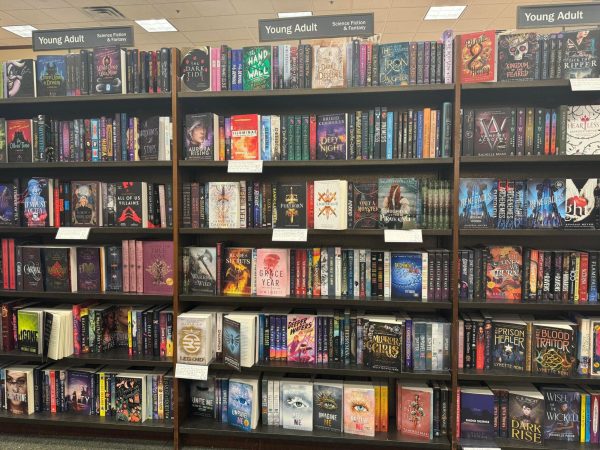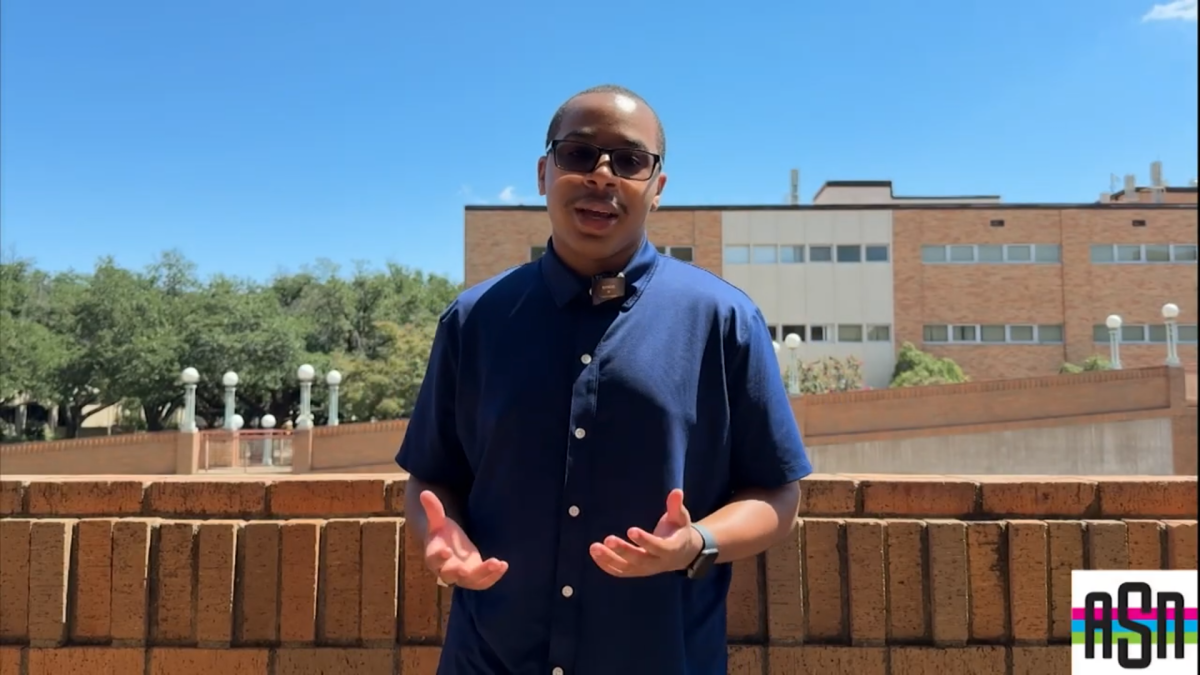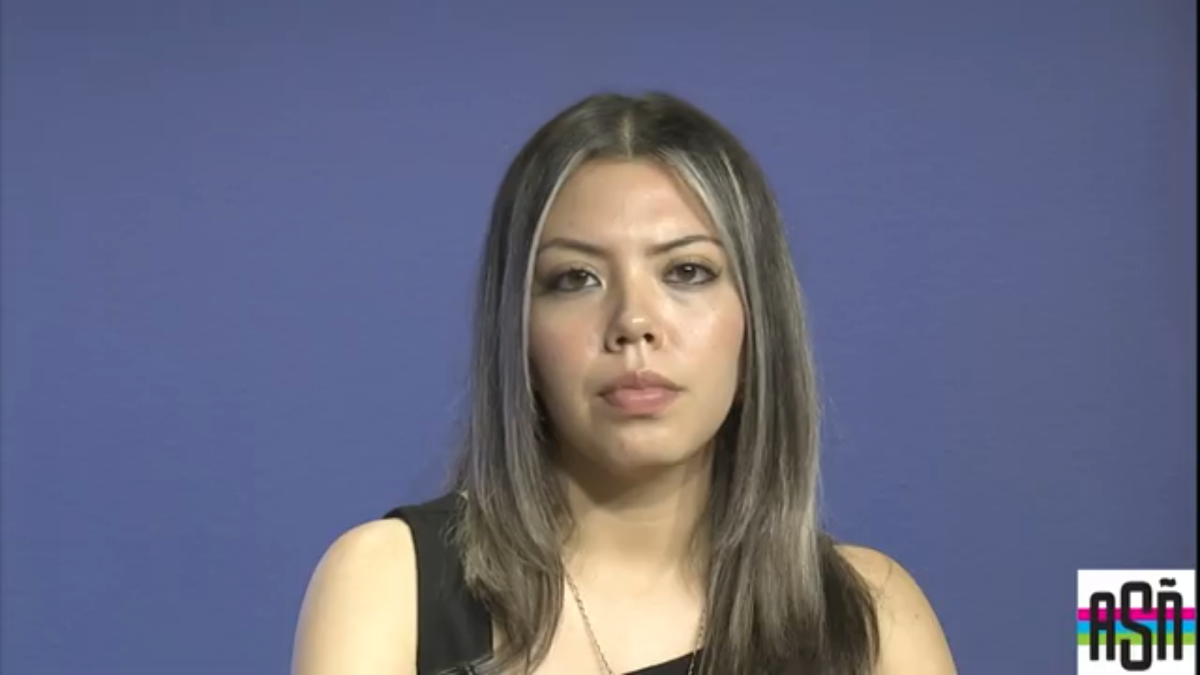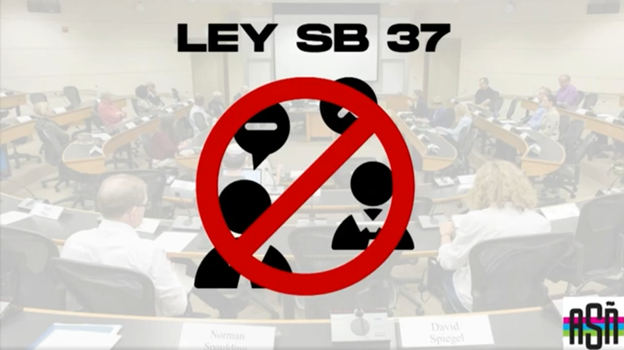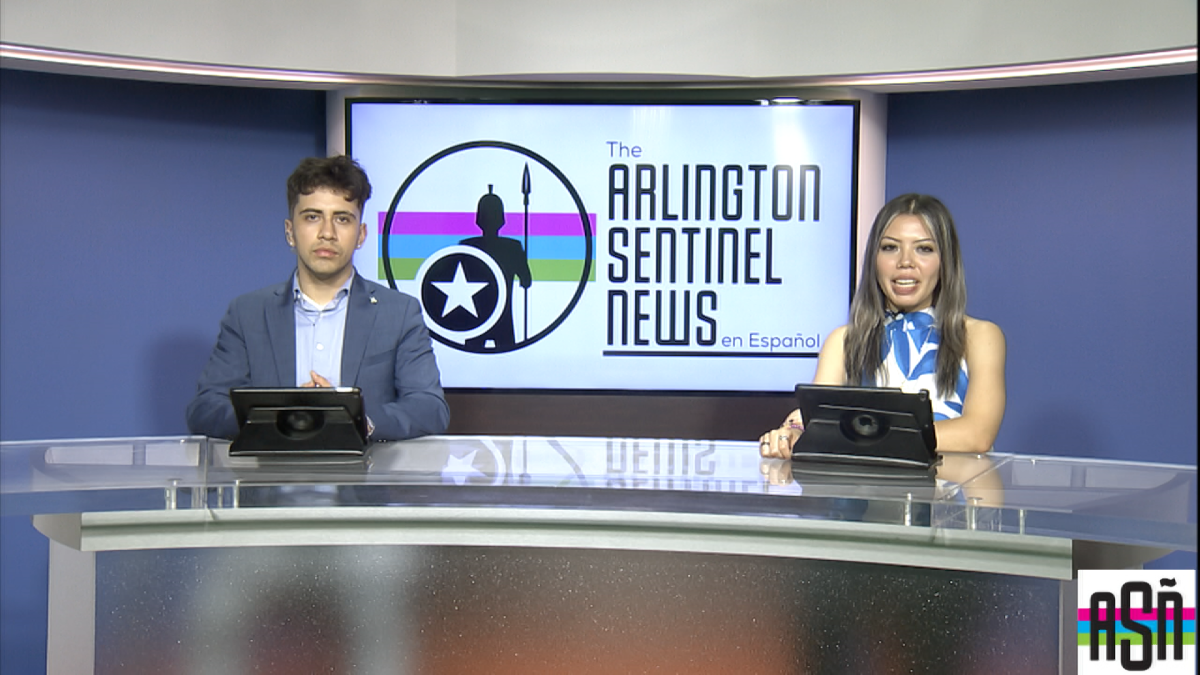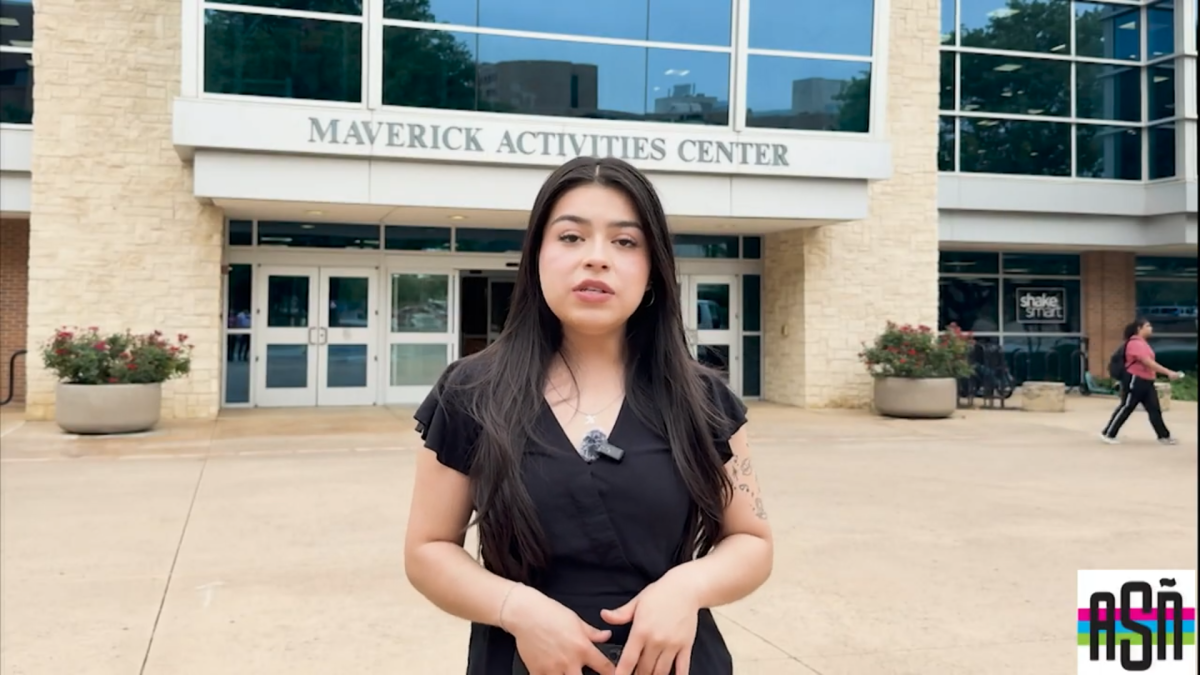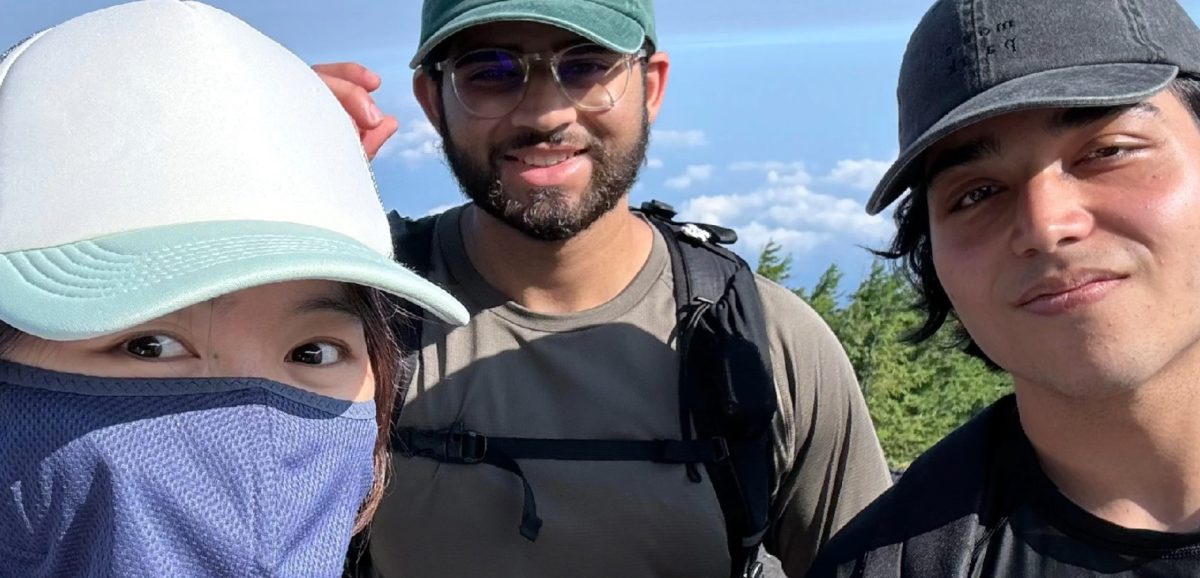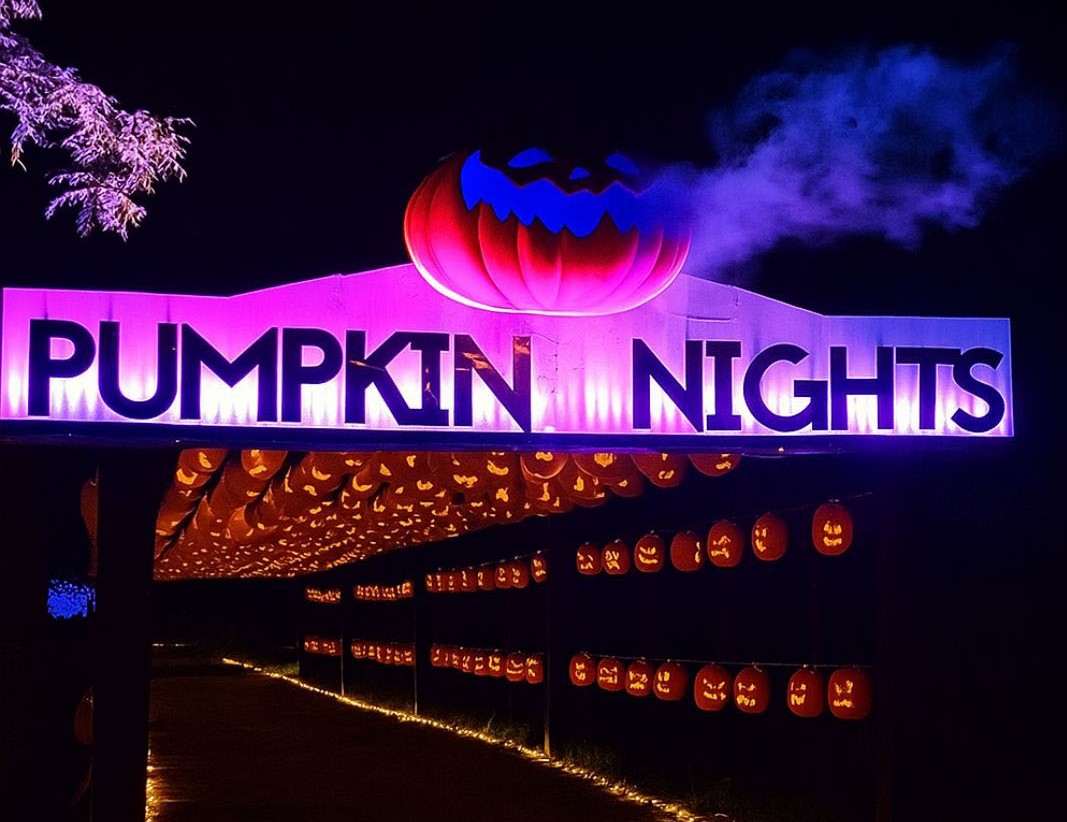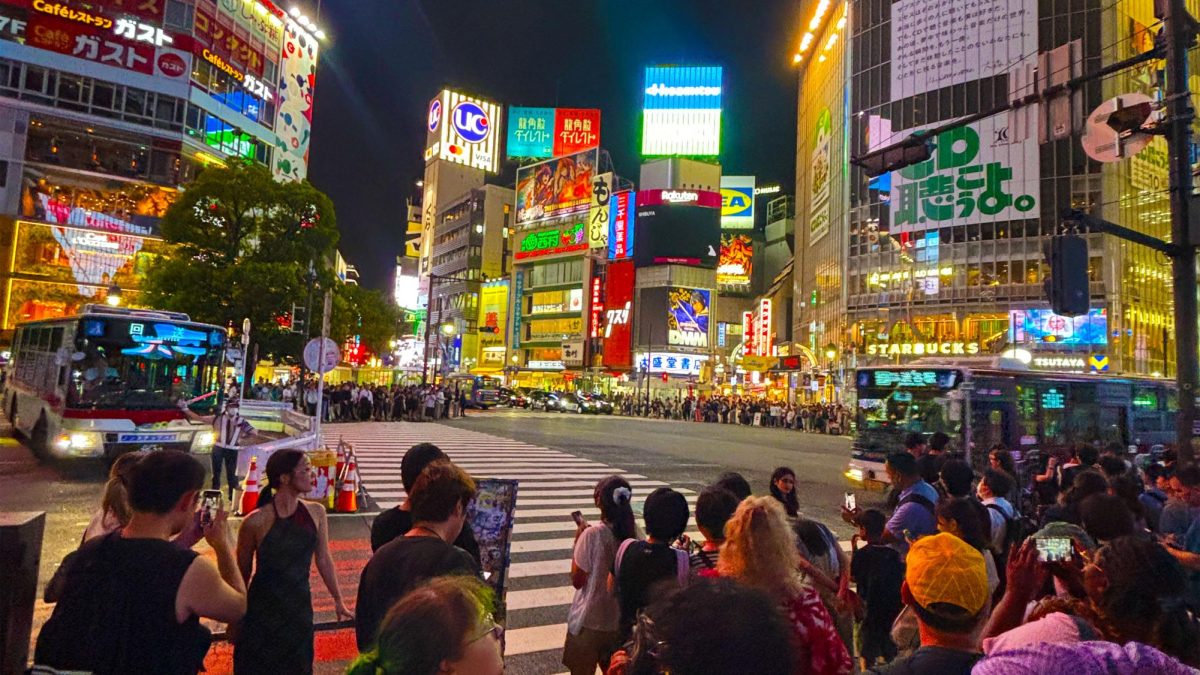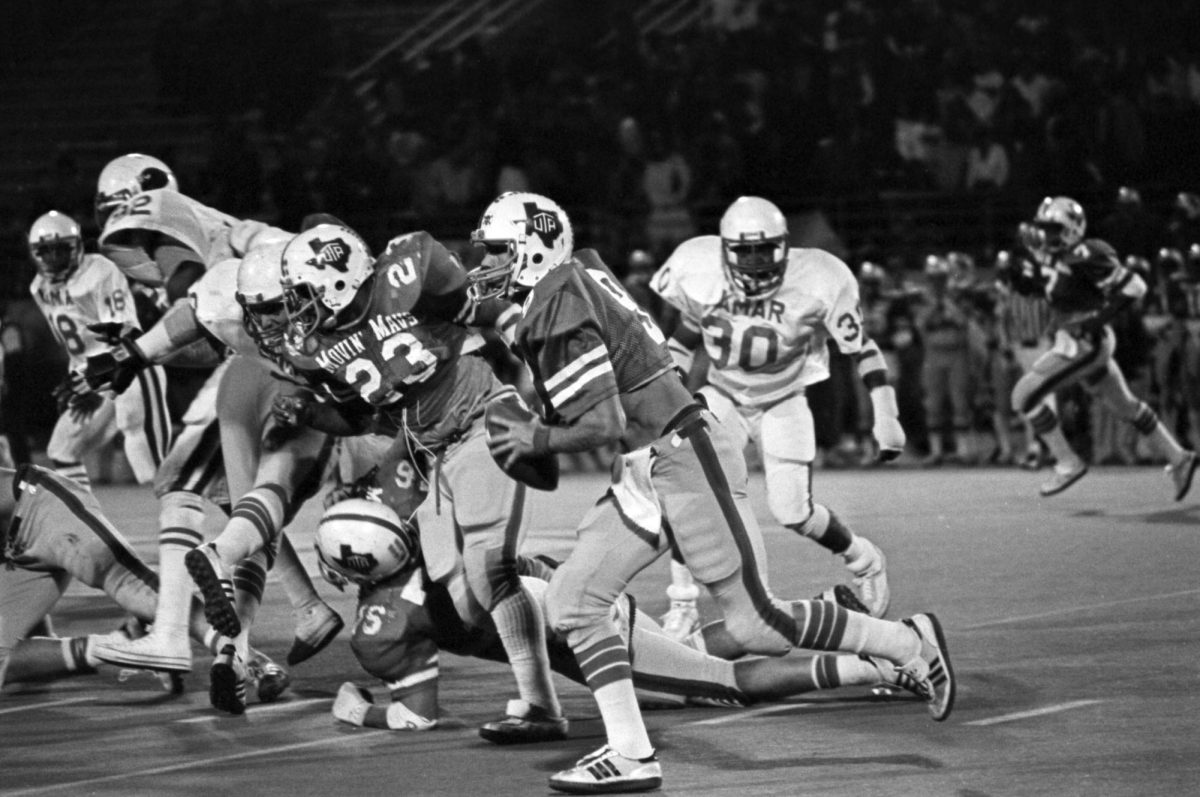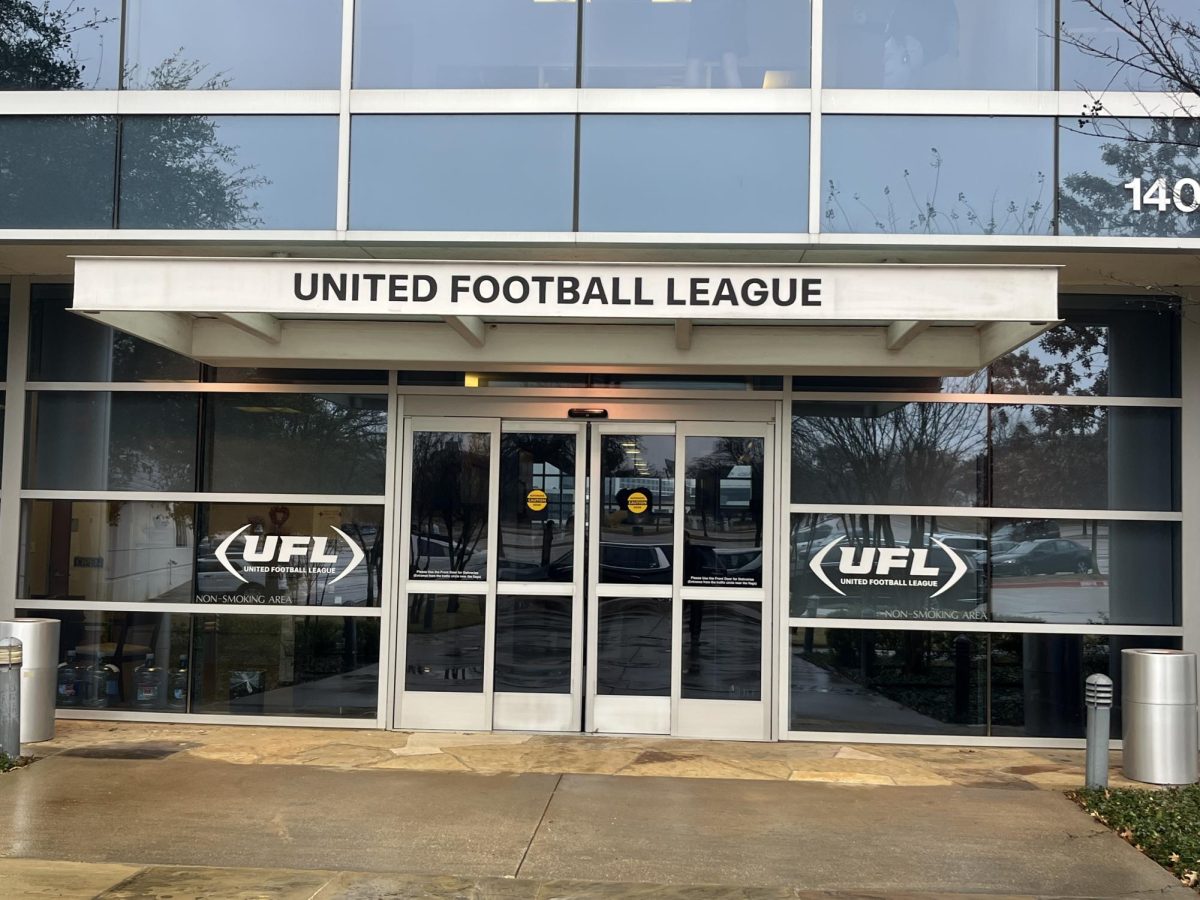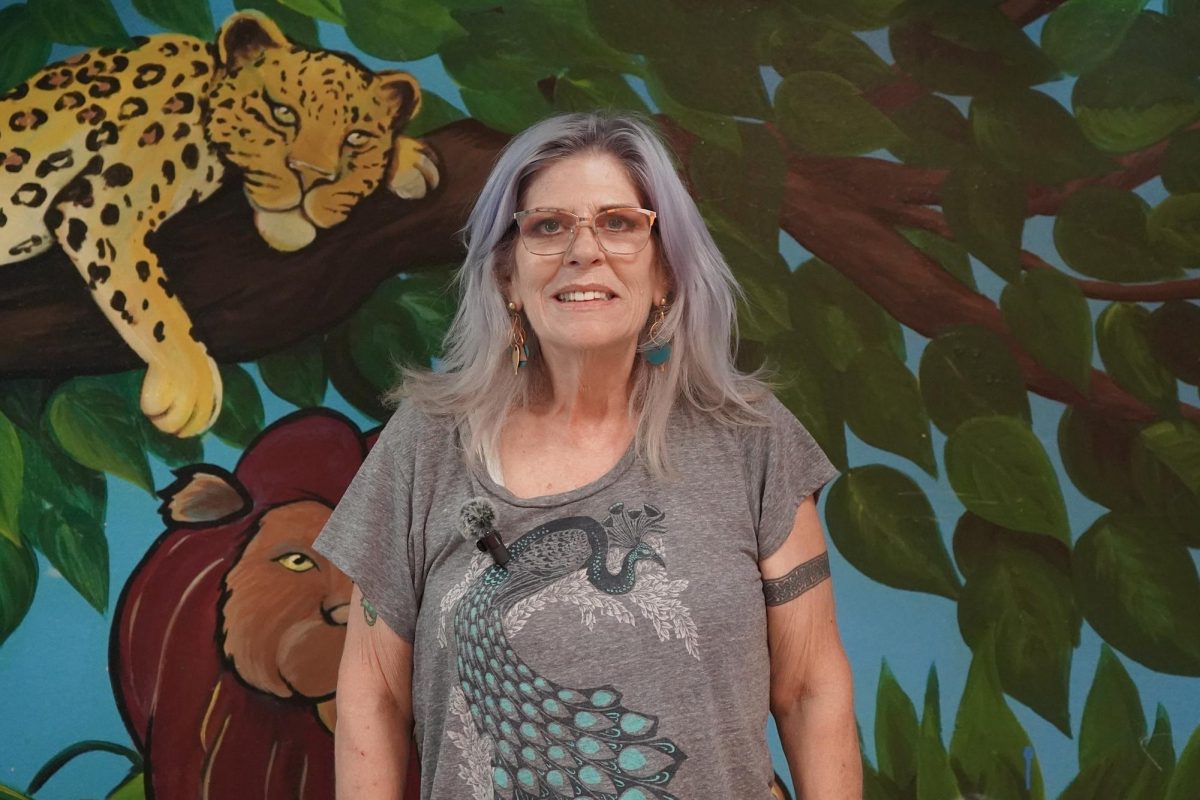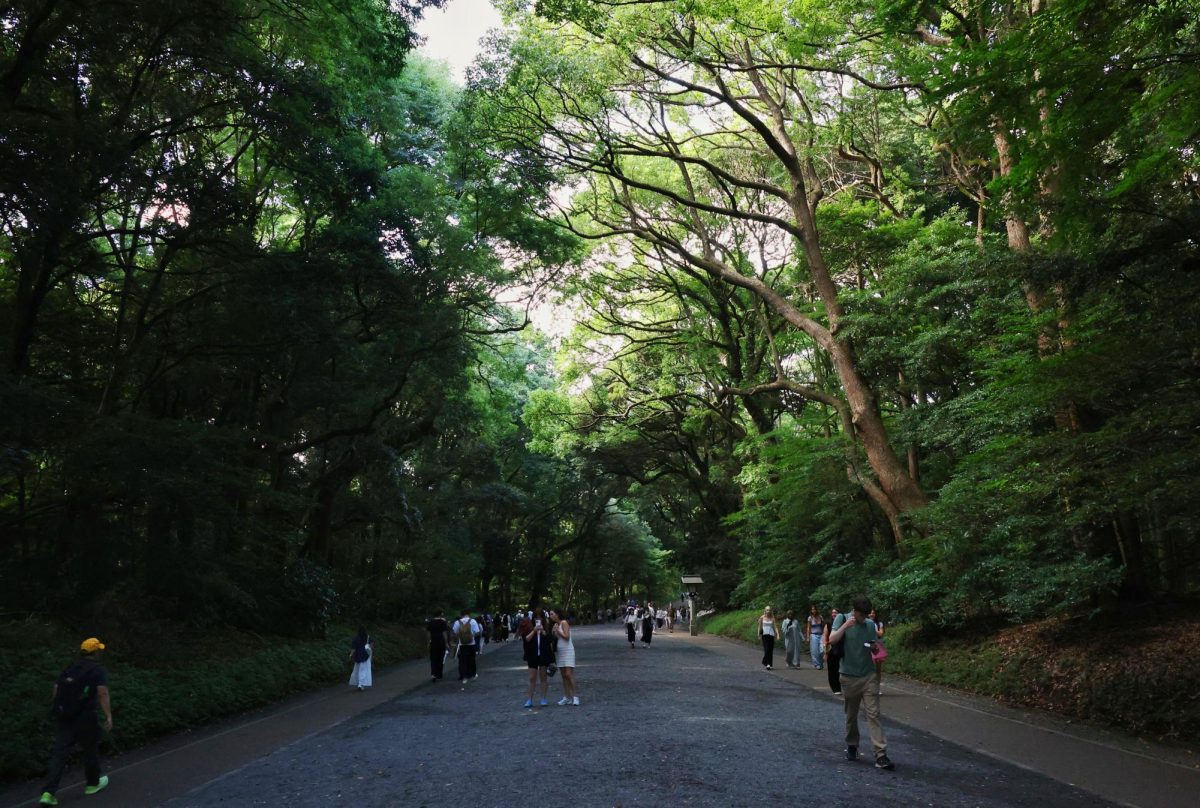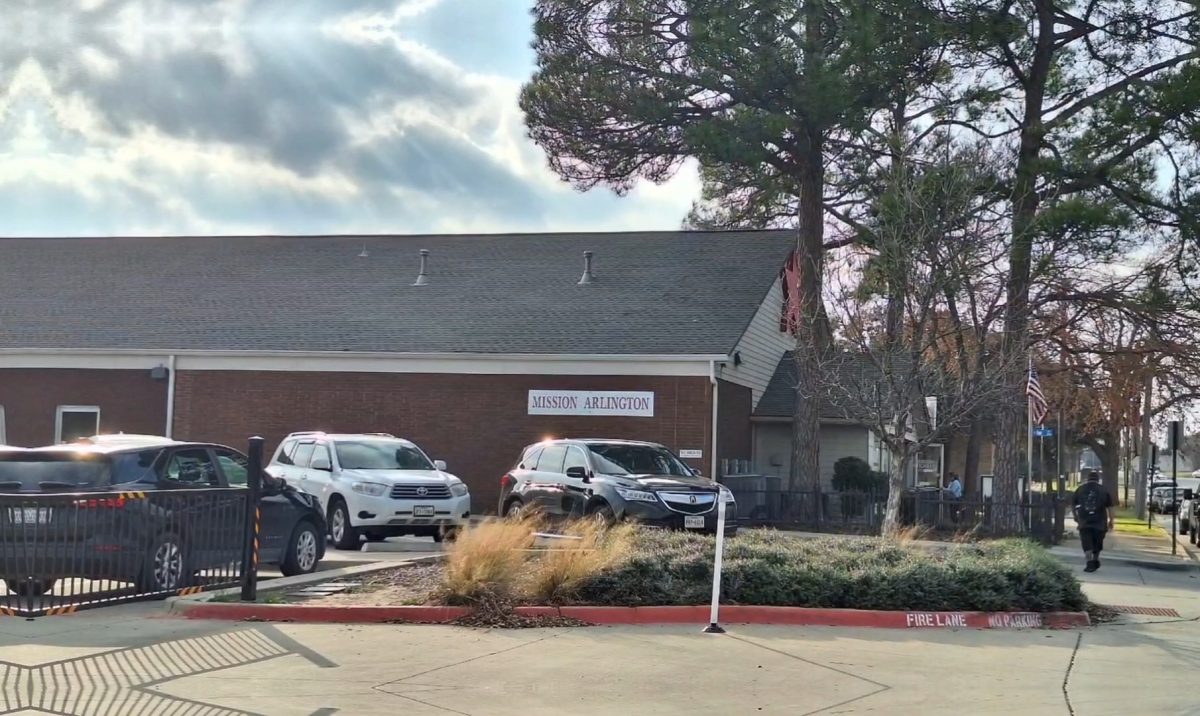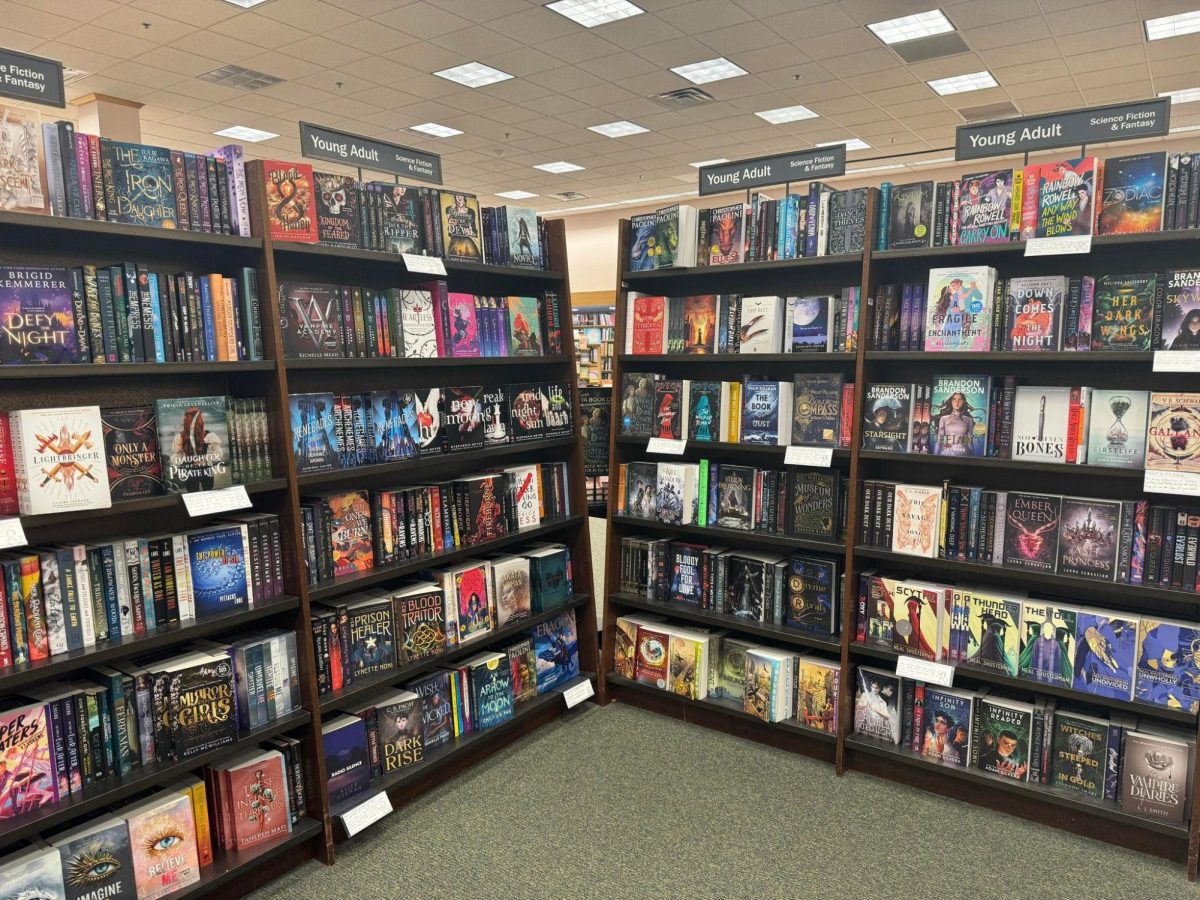ARLINGTON, Texas – Books regarding race, history, sexual orientation and gender are getting banned from public schools and libraries around the United States, with at least 3,362 books banned from July 1, 2022, to June 31, 2023, according to PEN America.
PEN America is an organization that fights global censorship, defends writers and artists and promotes freedom of speech.
In the 2021-22 school year, PEN America performed its first census of banned books as highly publicized book bans in communities across the nation became more widespread and forceful. PEN America identified 2,532 bans.
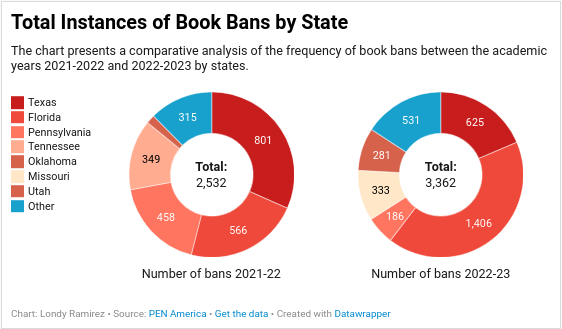
The banned books in that first count primarily highlighted stories by and about LGBTQ individuals and people of color. The state with the most bans was Texas with 801 in 22 school districts, followed by Florida with 566 bans in 21 districts.
For the 2022-23 school year, PEN America found a 33% increase in books being banned. The state leading with the most banned books is Florida with 1,406 book ban cases, followed by 625 bans in Texas.
Emily Hernandez a 12th-grade student at Emmett J. Conrad High School in Dallas, said she has heard of books being banned in her school, including books dealing with the LGBTQ community.
For Hernandez, the idea of books being banned from schools is neither good nor bad.
“I think the best idea would be for books to be available for certain grades,” Hernandez said. “I’m really split between both because it depends on what’s been banned. I don’t think that LGBTQ community books should be banned at schools—there are a lot of people like that at school. But I also think it is a good idea because freshmen are young, and sometimes they just say and read whatever comes to their mind.”

Of the books banned in schools in 2022-23, 26% contain LGBTQ characters or themes.
PEN America documents book ban cases using publicly available information, which is mostly obtained from regional journalists, school district websites, school board minutes and association partners.
PEN America also gathers direct reports of book bans from all around the nation. These reports are only considered if PEN America can use other publicly available information to independently verify that a book was restricted or withdrawn.
Pantego Books is an independent bookstore in Dalworthington Gardens, Texas. It opened in October 2022 when Morgan and Lee Moore, the owners, decided to bring a long-simmering idea to life.
Even though they are not affected by books being banned in schools, they keep track of them.
“It doesn’t affect us quite as much because we can carry whatever we want,” Morgan Moore said. “But it’s I think pertinent information and important for us to know as booksellers what kids don’t have access to that we think would be a good thing for them to have access to.”
Moore said she and her husband conduct ongoing research about banned books.
“I don’t know if there might be a central list, but if there is I haven’t ever seen it,” she said. “For me, it’s more just research and then what the different [booksellers’] organizations have sent out—that’s the main way. Obviously, social media is a very quick way for news to spread. You just have to fact-check those as well.”
Moore said that when they first opened, local libraries were being challenged on what they carry, and the Moores were expecting pushback with their inventory. But she said they haven’t encountered any problems.
Moore said they prefer not calling too much attention to the books that are banned, for safety, but still keep them on their shelf, and in the past, they have done a display for Banned Books Week.
“I personally am a huge advocate of allowing a family to choose what their children can and cannot read,” Moore said. “I think that there should be access to almost all the books out there. There’s always going to be an exception to the rule, you know, but for the most part, I think that it is not anyone else’s job but my own to tell my kids what they can read.”
The audiences most targeted for book banning are young adult books with 61%, adults at 22%, middle grade at 11%, picture books at 6% and chapter books at 1%.
Valeria Picon, a 10th-grade student at Uplift Infinity Preparatory in Irving, Texas, said she believes banning books limits access to learning.
“I think banning books will limit students to have different perspectives of things, and everyone has the right to read and have their own beliefs,” Picon said.
She said she has never encountered a book being banned in any place she has gone to but has heard stories.
“We don’t have this problem,” Picon said regarding her school. “We have a variety of books that we can choose, and it’s anyone’s choice to choose whatever book to read.”
The three most banned books in the 2022-23 school year include “Tricks” by Ellen Hopkins, with 33 bans because the book deals with prostitution, and “The Bluest Eye” by Toni Morrison, with 29 bans, for the book’s depictions of racism, incest and sex. Two books were tied for third. “Looking for Alaska” by John Green has 27 bans for the book’s treatment of grief and young-adult relationships, and “A Court of Mist and Fury” by Sarah J. Maas also has 27 bans because it contains sexually explicit scenes.
To see a timeline of the most banned books of the 2022-23 school year, please click here.
